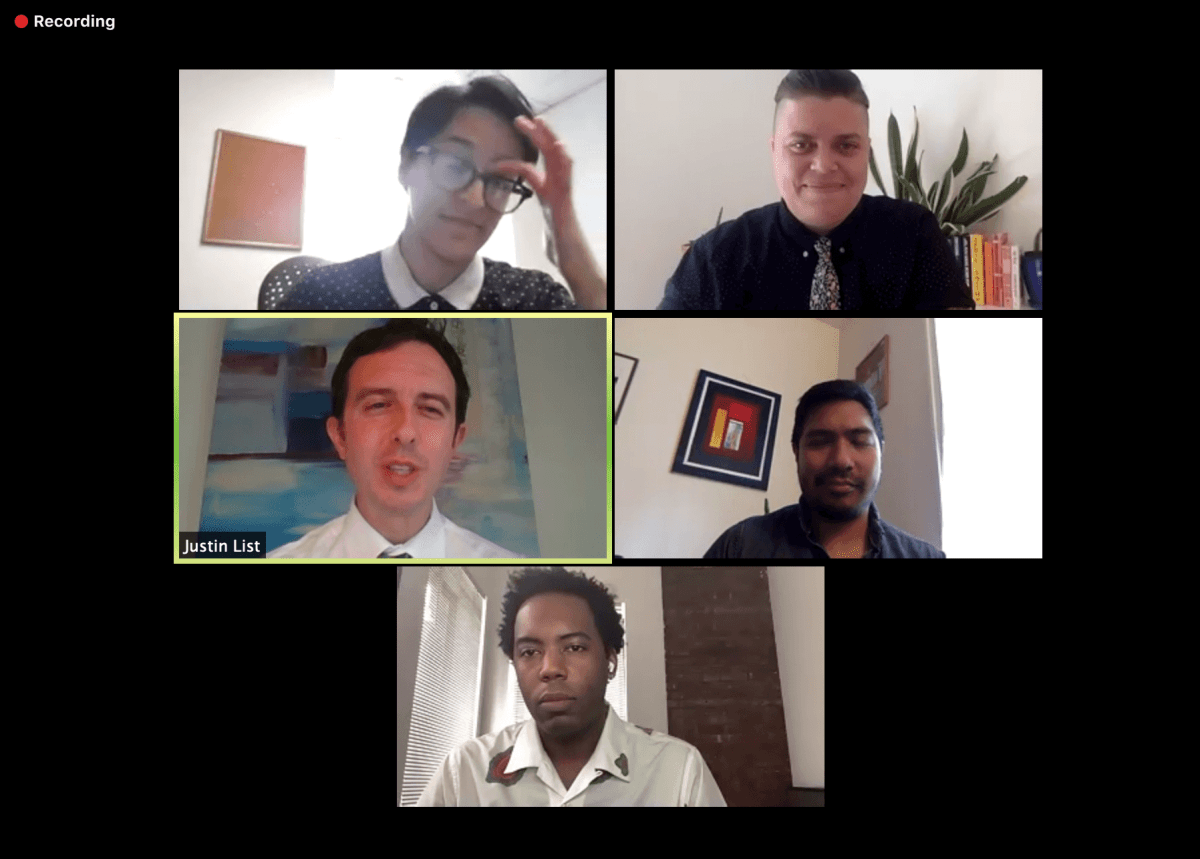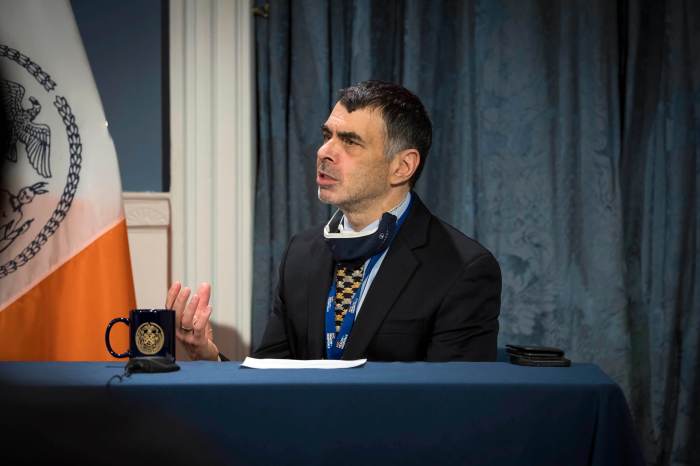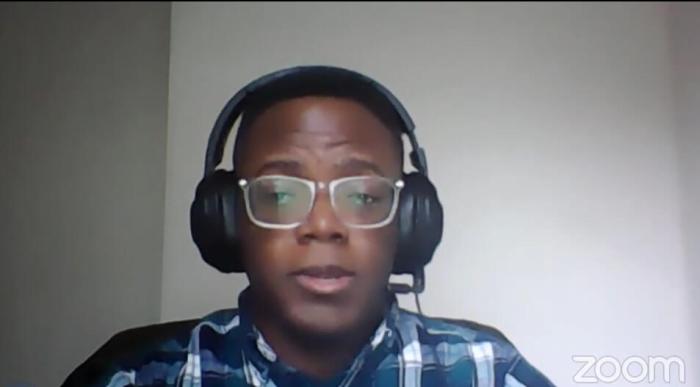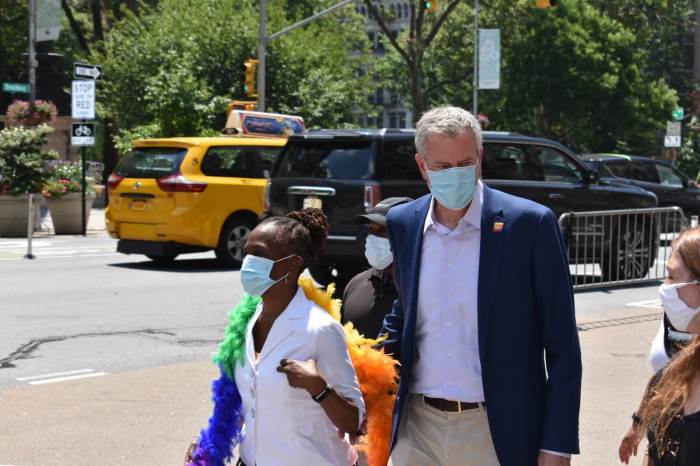The New York City Unity Project, a city-based LGBTQ youth workforce program, led a virtual LGBTQ town hall to discuss broadening access to the COVID-19 vaccine.
During the hour-long Zoom meeting on April 30, health experts at the Department of Health and New York Health and Hospitals broached everything from COVID-19 myths to attendees’ fears about facing discrimination at vaccine sites. As the Unity Project resumes operations after halting the program due to the pandemic, public health experts underscored the safety and effectiveness of the vaccine for the LGBTQ community.
“With all the folks vaccinated so far in the country and New York City, we are helping the spread to go down and preventing hospitalizations,” Julian L. Watkins, a senior clinical advisor at the Department of Health, said during the virtual meeting.
Additionally, experts stressed that the COVID-19 vaccine is safe for people using gender-affirming hormones, individuals living with HIV/AIDS, including people taking PrEP, a daily pill to combat HIV or PEP, which can prevent HIV if a person is exposed to it.
Some of the event’s panelists included Health and Hospital’s Acting Regional Director, Justin List and Priya Nair, the associate director of gender equity, Chelsea Cipriano, the executive director of intergovernmental affairs at the Department of Health, Ashe McGovern, the senior policy adviser for the Unity Project, and L. Tantay, the acting director of Race to Justice at the Department of Health.
In 2018, the city invested $9.5 million in the Unity Project, a program providing jobs and educational opportunities to homeless LGBTQ youth. The program was slated to debut last summer but temporarily halted amid the pandemic.
Medical professionals recommended that birthing parents get vaccinated for their safety and their children, noting that pregnant people are vulnerable to worse COVID-19 outcomes. Doctors also said receiving the vaccine can reduce the likelihood of a dangerous COVID-19 mutation.
According to a report released in February from the CDC, gay, lesbian, and bisexual people are more likely than their straight peers to have an underlying health condition associated with severe COVID-19 outcomes. Additionally, queer and trans patients experience more significant healthcare bias, making it harder to come out to their providers.
Tantay said discrimination is another barrier facing LGBTQ people in accessing the vaccine. They noted that anti-LGBTQ rhetoric at vaccine clinics is illegal and they recommend reporting these incidents to the New York City Commission on Human Rights.
“We recognize that because of historical and structural racism and other kinds of oppression, like cissexism and heterosexism, the vaccine distribution has also been inequitable in different ways [and] in different places,” Tantay said.
To sign up for the Gay City News email newsletter, visit gaycitynews.com/newsletter




































